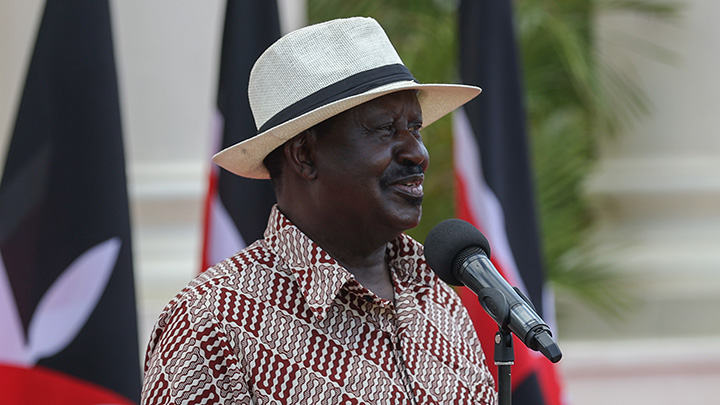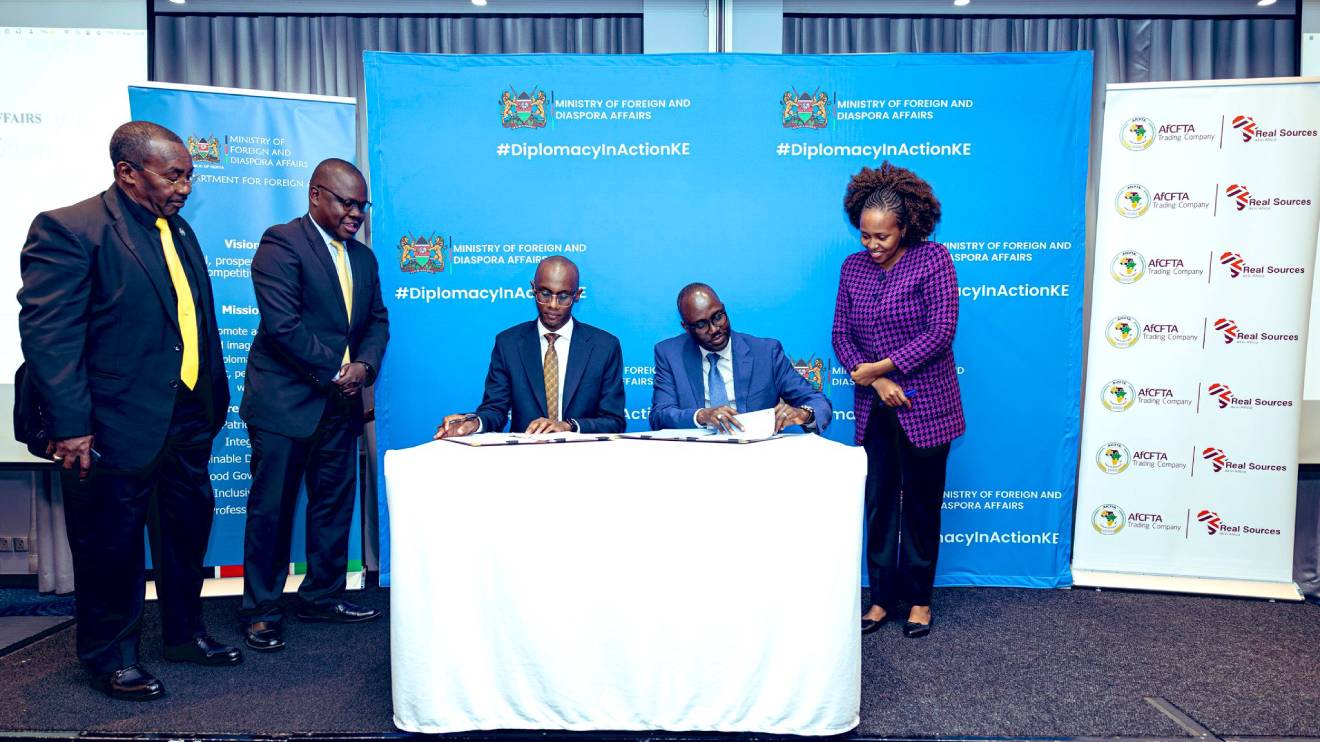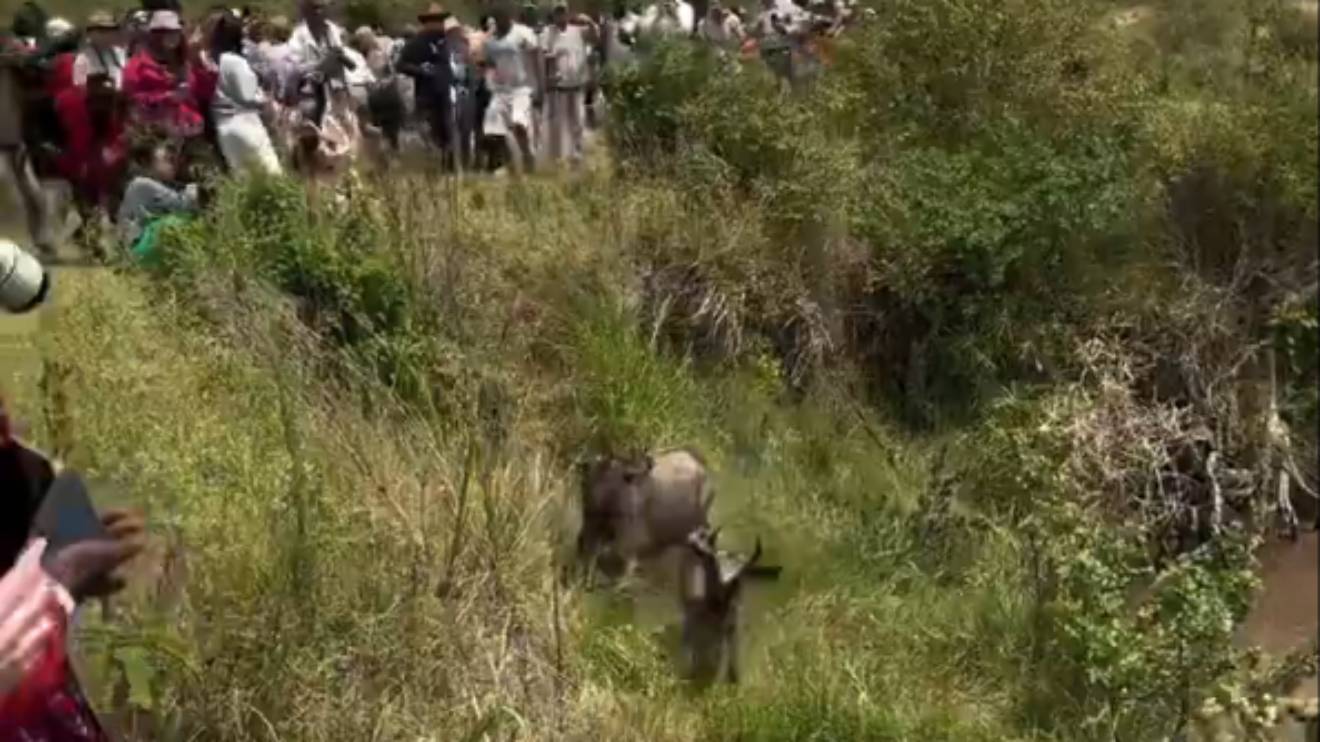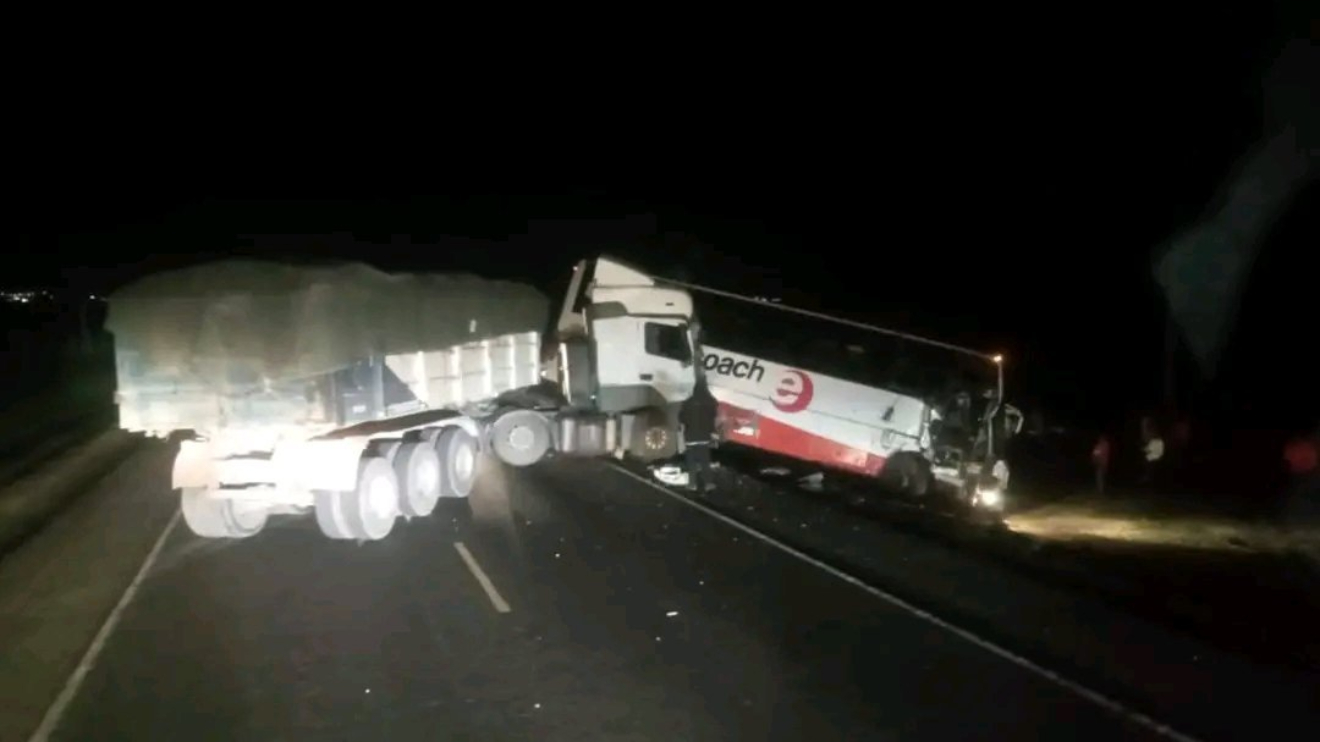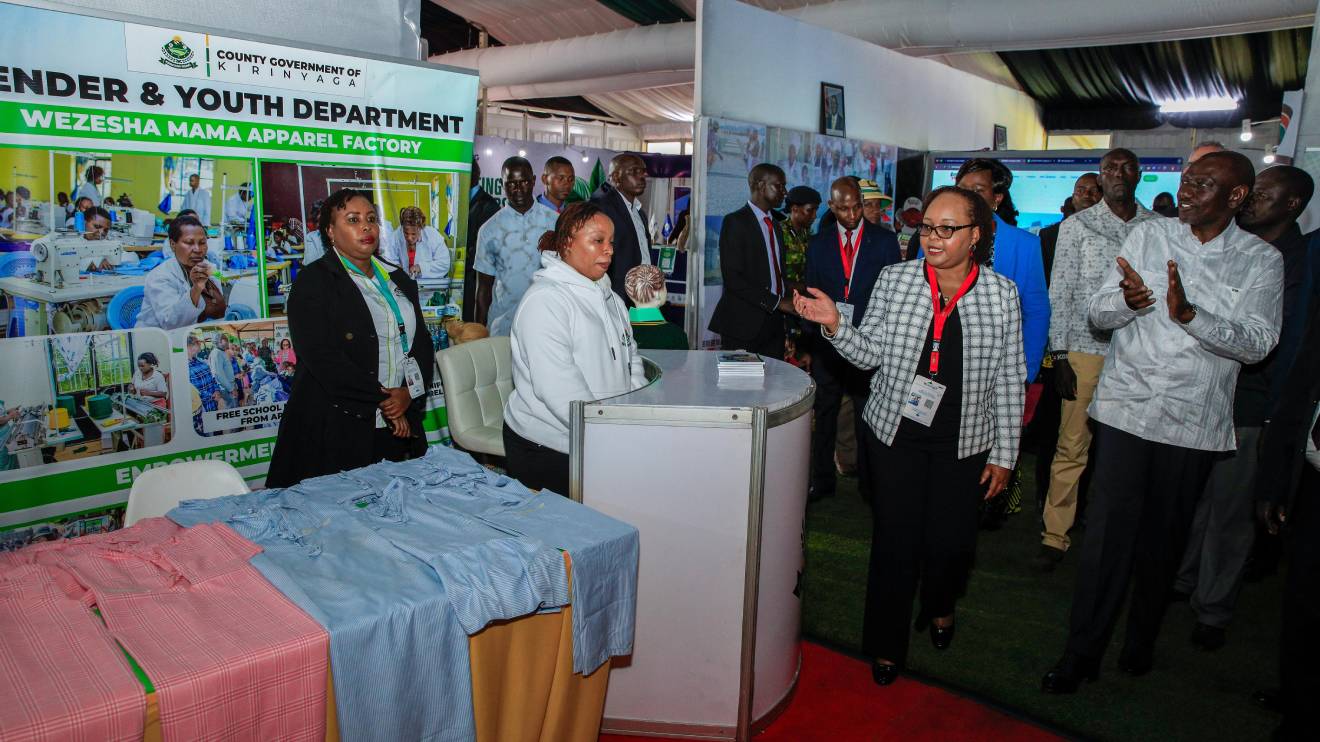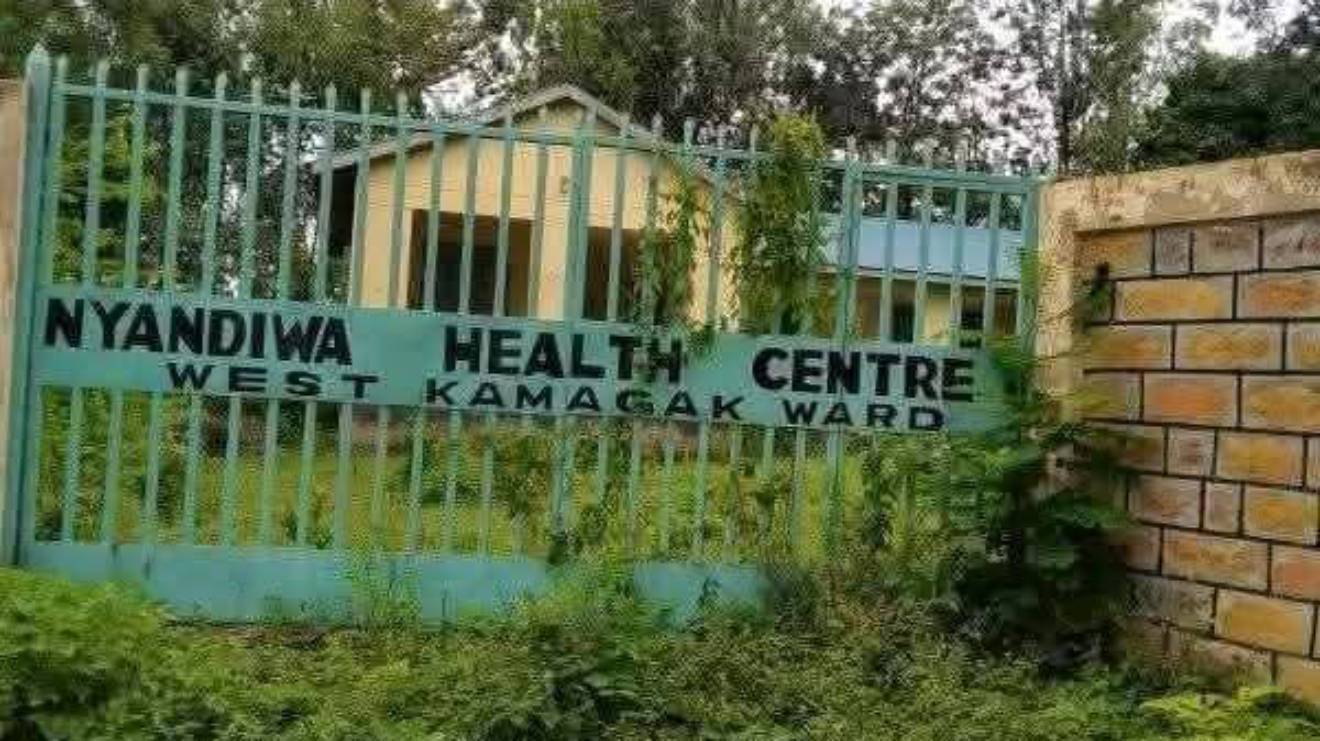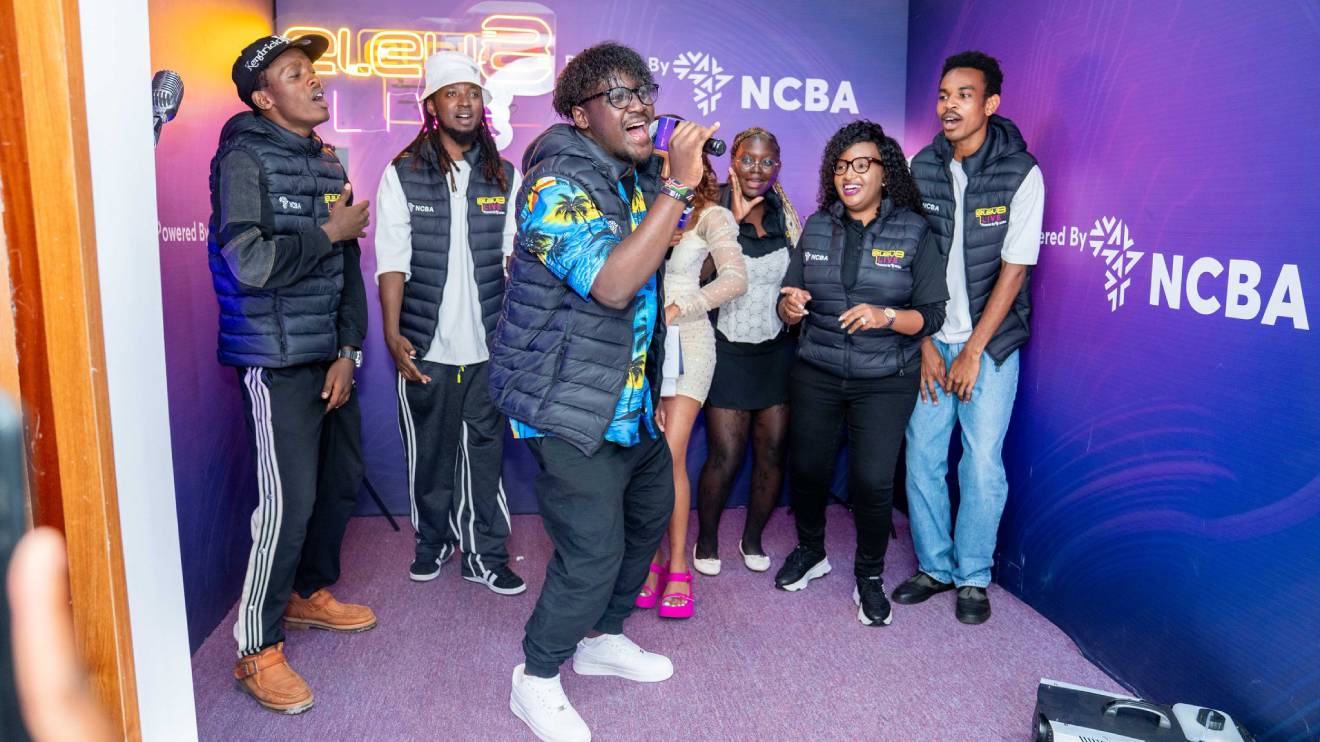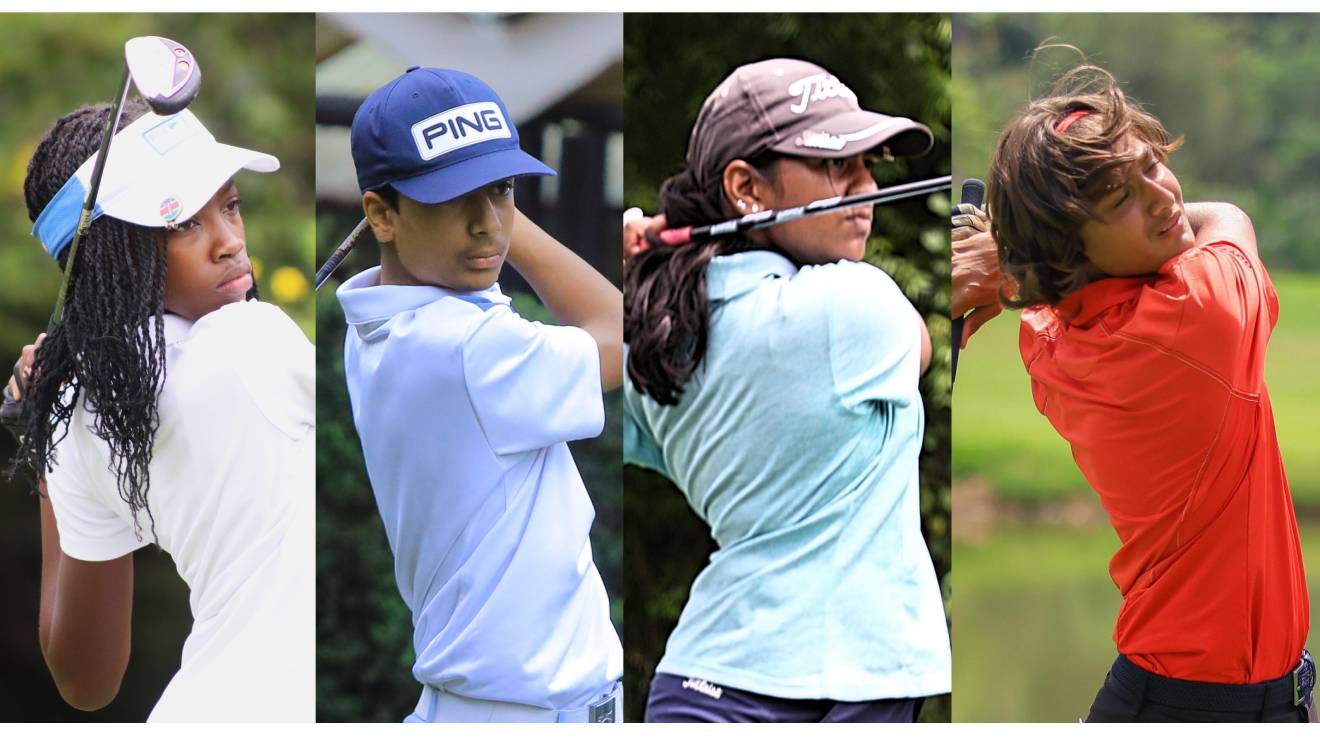Orange Democratic Movement leader Raila Odinga was put to task to task to explain his claim that Kenya can produce its own products.
Raila said that if Kenya as a country focused on transforming rural areas and develop skills then we can have “Made in Kenya” products.
The former PM, known as one who never backs away from such an opportunity to share his beliefs took the challenge head-on.
He picked the costal county of Kwale as his focus point in explaining his theory to his political friends and perceived foes.
Raila shared his thoughts on Twitter the following is Raila’s detailed explanation of his theory:
Read More
- Generations of the Digo and Duruma and all the other communities in Msambweni, Matuga and Lunga Lunga constituencies in Kwale have grown with coconut. Using pure home grown SKILLS, these communities have produced COCONUT OIL AND COCONUT MILK. Just enough for home consumption.
- With just a little input on sharpening the traditional SKILLS, we would have a locally owned coconut based factory producing oil and TUI (coconut milk) bearing the label MADE IN KENYA or PRODUCE OF KWALE fairly cheaply.
- Today, the coconut milk in our supermarkets is from THAILAND. Because locals have nowhere to take it, more than 80 per cent of Kwale's coconuts are bought by Tanzanians who pay between Sh6-10.
- The people of Kwale and entire Coast lost an opportunity to make industries out of coconut because we failed to support local SKILLS and RURAL INDUSTRIES.
- Coconut husks produce fine ropes. Coconut tree leaf produces fine brooms. But there is no broom or ropes bearing MADE IN KENYA labels. And Coconut is just one product. Kwale is known for cashews, Bixa, Mango, Orange, Tuna, sandstone tiles, sand stone ballast, coral stone ballast, before we mention minerals.
- Locals have always known how to make use of these products at domestic level. But because we never invested in and developed those SKILLS, no industries emerged and no MADE IN KENYA products grew. The only thing that grew is poverty.
- Various studies indicate the number of people living below poverty level in Kwale range between 54 per cent and 70 percent. We could drastically turn this around by developing the home -grown SKILLS that have enabled these people exploit these products and create factories producing MADE IN KENYA products.
- The story of Kwale is the story of every part of Kenya. Every part of this country has a product that with just a little investment in local SKILLS and rural infrastructure, could be turned into an industry employing locals and producing MADE IN KENYA PRODUCTS. Going forward, investment in SKILLS AND RURAL TRANSFORMTION FOR LOCAL INDUSTRIALIZATION is a must.
Raila is currently at the coastal region where he has held a series of meetings with various leaders from across the political divide.
This morning Raila had a breakfast meeting with MPs from Central Kenya region.
The following are reactions from Kenyans on Raila's explanation:
Kentaste range of coconut products are manufactured by Kwale Coconut Processors Ltd. They are available countrywide. https://t.co/Wh3V6Zx15i https://t.co/A0y3n9PNZN pic.twitter.com/rx7GcNl537
— David Ndii (@DavidNdii) July 21, 2021
@RailaOdinga Kentaste, in Kwale, is E. Africa’s largest producer of coconut products. We’re proudly 100% Kenyan, selling our products domestically and abroad. We work with 200+ hardworking Kenyan employees, supporting 2500+ local farmers. When you buy Kentaste, you build Kenya.
— Kentaste Products (@KentasteP) July 21, 2021
Well put @RailaOdinga. But there is a PROBLEM. Before the people of KWALE can MANUFACTURE, PACKAGE and SELL, @KEBS_ke says you CANNOT do this at home. You also MUST pay close to 70K for a 2yrs permit and WAIT upto 3 MONTHS before getting one.
— Simon Ndungu (@ndungusimon) July 21, 2021
This debate is going nowhere. Our politics is based on anything else other than economic ideas and policies... we wouldn't be having Uhuru and Ruto as head of the government
— Daniel Njaga (@dnjaga1) July 21, 2021
There is no evidence this is likely to change
Baba, have a dedicated person who reads the responses on your tweets and deciphers some useful takeaways. For example, the person who wrote this piece for you didn’t do any research on local coconut industries in Kenya. If you can’t learn, you can’t be a good leader!
— The Charles (@Charles_Warria) July 21, 2021
it's only in Kenya where we demand "opposition leader" to develop the country including Western region but absolve the deputy president from the mess they create and see him as the only viable option to solve the myriad problems they have created ????????????????Kenyans are peculiar lot
— Amarah Gibbs (@Amaragibs) July 21, 2021

